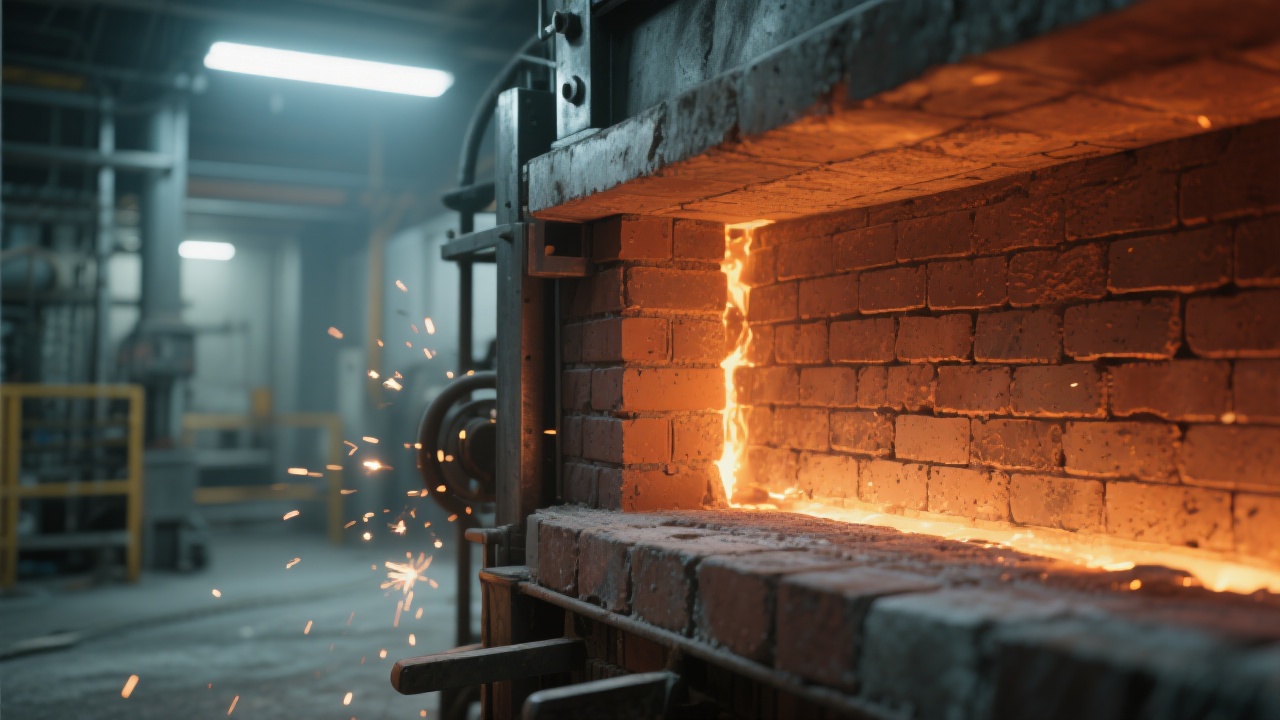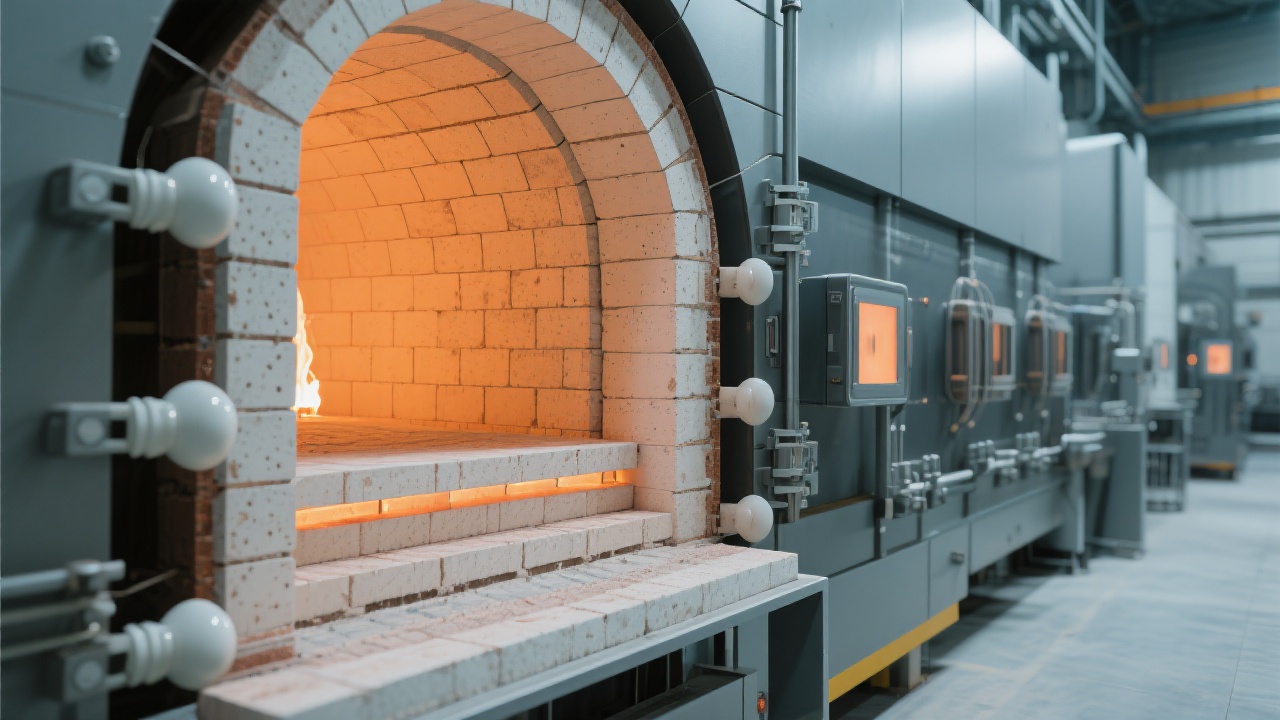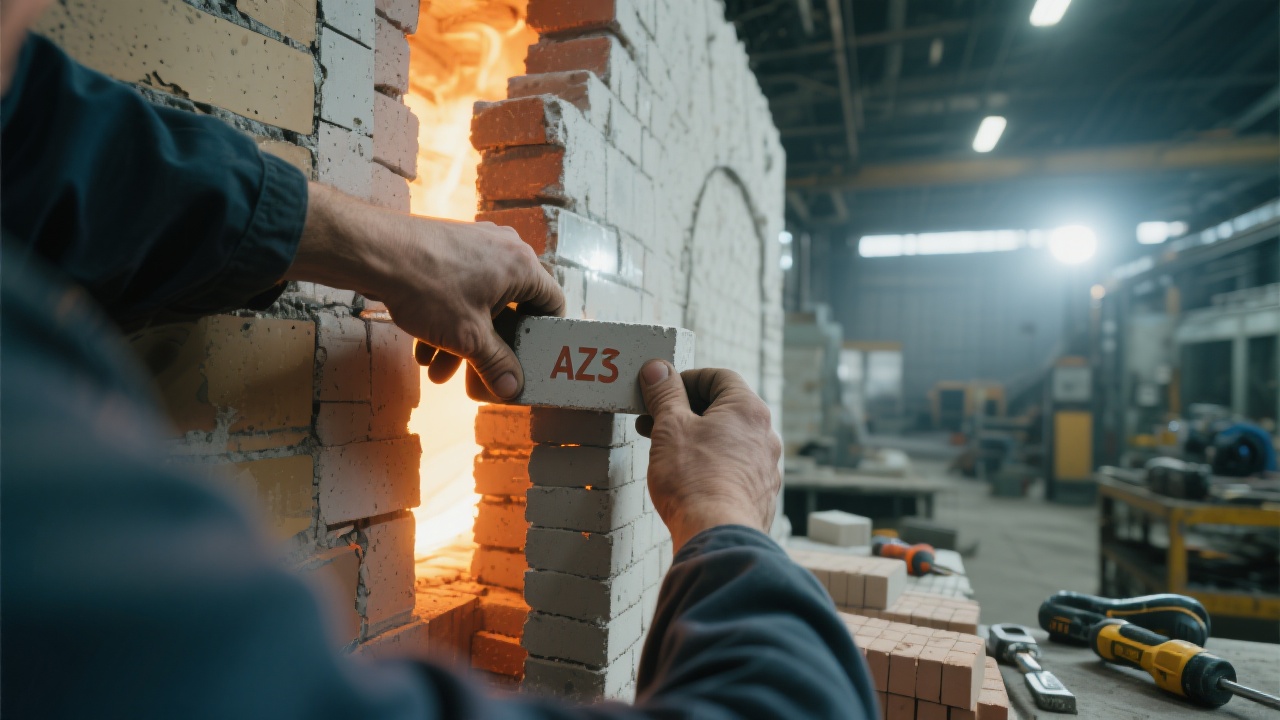
In the field of industrial heat treatment, the selection of appropriate materials is crucial for enhancing equipment efficiency and extending service life. Among various materials, low-density porous materials, especially cordierite porous materials, have attracted significant attention due to their unique properties. Cordierite porous materials are widely used in high-temperature industrial kiln furniture, offering excellent performance in heat treatment processes ranging from 1000ºC to 1300ºC.

Cordierite has a unique crystal structure that contributes to its outstanding performance. Its low density (about 1.4 - 1.8 g/cm³) makes it lightweight, reducing the overall weight of the kiln furniture and energy consumption during operation. Additionally, cordierite has high heat resistance, being able to withstand temperatures up to 1300ºC without significant deformation. It also exhibits excellent thermal shock resistance, with a thermal expansion coefficient as low as 1.0 - 2.0 × 10⁻⁶ /K. This means that it can endure rapid temperature changes without cracking, ensuring the stability of the kiln furniture in the heat treatment process.
In installers, cordierite materials can provide stable support. For example, in a ceramic production plant, the use of cordierite installers improved the installation stability of ceramic products by about 30%. The lightweight nature of cordierite also made it easier to operate during the installation process, reducing labor intensity.
Cordierite materials are also suitable for use in cranks. Their high strength and low density ensure the smooth operation of the crank mechanism. A case study in a mechanical processing factory showed that after replacing the original crank material with cordierite, the service life of the crank increased by approximately 25%, and the energy consumption of the equipment decreased by about 15%.
In felts and support systems, cordierite materials can effectively distribute stress and provide reliable support. In a glass manufacturing enterprise, the application of cordierite support systems improved the flatness of the glass products by about 20%, and reduced the scrap rate due to uneven support by about 18%.

When compared with other traditional materials used in industrial kiln furniture, cordierite materials have obvious advantages. The following table shows a comparison of some key parameters:
| Material | Density (g/cm³) | Thermal Expansion Coefficient (× 10⁻⁶ /K) | Max Temperature Resistance (ºC) |
|---|---|---|---|
| Cordierite | 1.4 - 1.8 | 1.0 - 2.0 | 1300 |
| Alumina | 3.9 - 4.0 | 7.0 - 8.0 | 1800 |
| Silicon carbide | 3.1 - 3.2 | 4.0 - 4.5 | 1600 |
Although alumina and silicon carbide have higher temperature resistance, their high density and large thermal expansion coefficient make them less suitable for applications where thermal shock resistance and lightweight are required. Cordierite materials strike a good balance between these factors, making them a more cost - effective choice for many heat treatment processes.
With the continuous development of the industrial heat treatment industry, there is an increasing demand for more efficient and energy - saving materials. Cordierite materials, with their unique advantages, are expected to have broader application prospects. In the future, research on cordierite materials may focus on further improving their performance, such as enhancing their high - temperature strength and reducing their production cost. Engineers and procurement personnel should keep an eye on these trends and make more informed decisions when selecting materials.

In conclusion, when it comes to industrial heat treatment processes, choosing more durable and more economical materials like cordierite porous materials can significantly improve equipment efficiency and extend service life. Make the smart choice for your business and explore the potential of cordierite materials in your heat treatment applications today!

